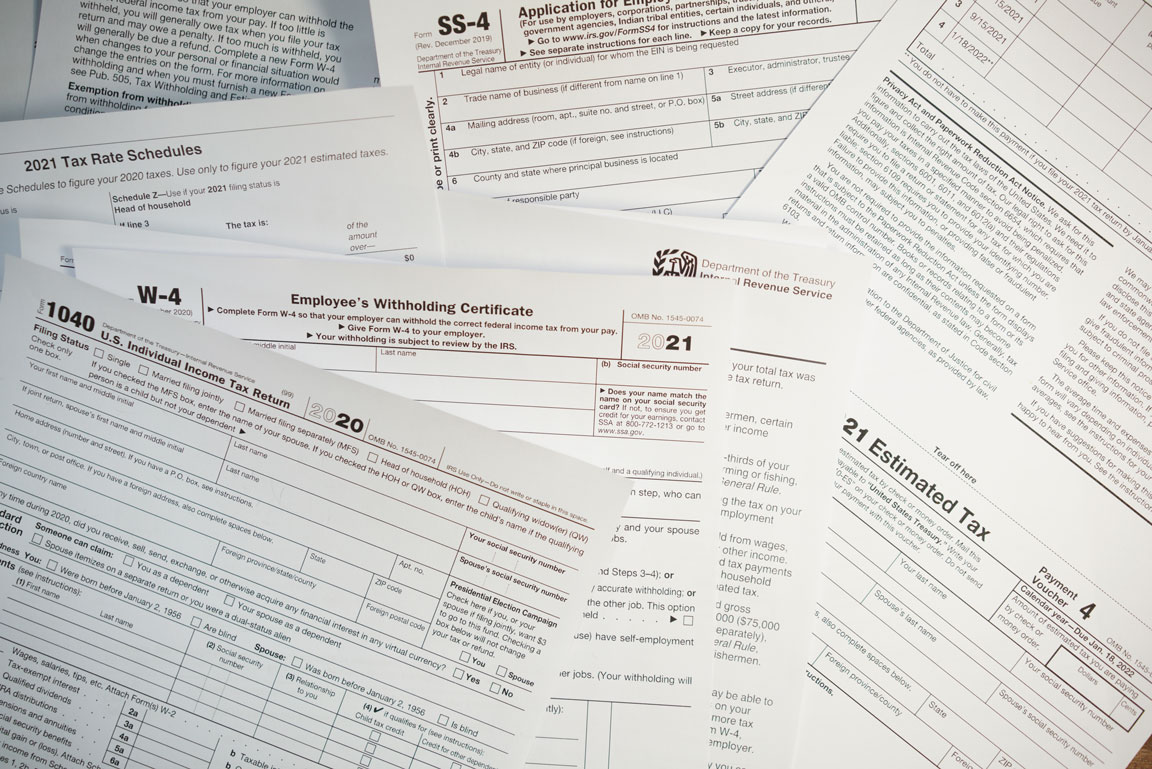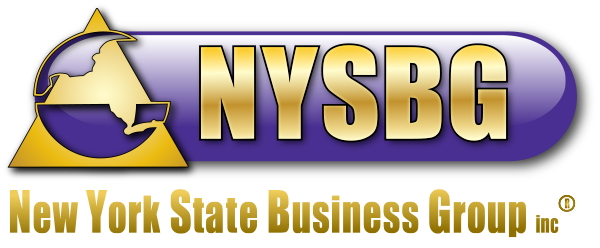Tax season is here, so if you haven’t already finished filing, then it is time to get your business’s taxes in order. This article will provide you with some basic information correlating to business taxes. Whether you hire a CPA or other financial services provider to help with your taxes or file them on your own, this material will give you a better understanding of what is required from your business during tax time.

Federal Taxes – General Information
Your business structure determines what federal taxes you must pay and how you pay them. Some of the taxes require payment throughout the year, so it’s important to know your tax obligations before the end of your tax year.
There are five general types of business taxes:
- Income tax
- Self-employment tax
- Estimated tax
- Employer tax
- Excise tax
Income Tax
Most businesses must file and pay federal taxes on any income earned or received during the year. Partnerships, however, file an annual information return but don’t pay income taxes. Instead, each partner reports their share of the partnership’s profits or loss on their individual tax return.
Employment Taxes
If you have employees, there are federal tax requirements for what you must pay and the forms you have to file. These employment taxes include:
- Social Security and Medicare taxes
- Federal income tax withholding
- Federal unemployment (FUTA) tax
FUTA ensures that people can receive unemployment benefits after losing a job.
Businesses in all states pay state workers’ compensation insurance and unemployment insurance taxes.
Products, Services, and Transactions Subject to Sales Tax
Products and services subject to tax
Sales and use tax (sales tax) is applied to:
- tangible personal property (unless specifically exempt);
- gas, electricity, refrigeration and steam, and telephone service;
- selected services;
- food and beverages sold by restaurants, taverns, and caterers;
- hotel occupancy; and
- certain admission charges and dues.
Transactions not subject to tax/exempt sales
The Tax Law exempts purchases for resale; most sales to or by the federal and New York State governments, charitable organizations, and certain other exempt organizations; sales of most food for home consumption; and sales of prescription and nonprescription medicines.
Sales tax also does not apply to most services. Examples of services not subject to sales tax are capital improvements to real property, medical care, education, and personal and professional services. See Transactions that are not subject to sales tax for details.
If a property or service is exempt from tax from all purchasers, the vendor is not required to obtain an exemption certificate. However, an exemption certificate enables a purchaser to make tax-free purchases that would normally be subject to sales tax.
Additional Business Tax Information
Depending on the type of business you run, there may be additional taxes that need to be paid, such as property taxes. Your business may be eligible to receive energy tax incentives from the New York State government if you meet specific criteria. You can use this tool to determine which incentives your business qualifies for. And you can find even more New York State tax exemptions and credits here.



